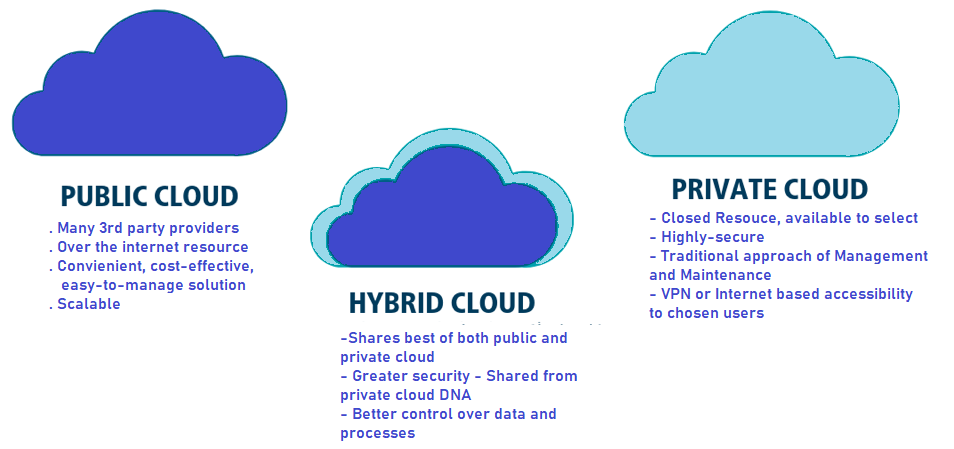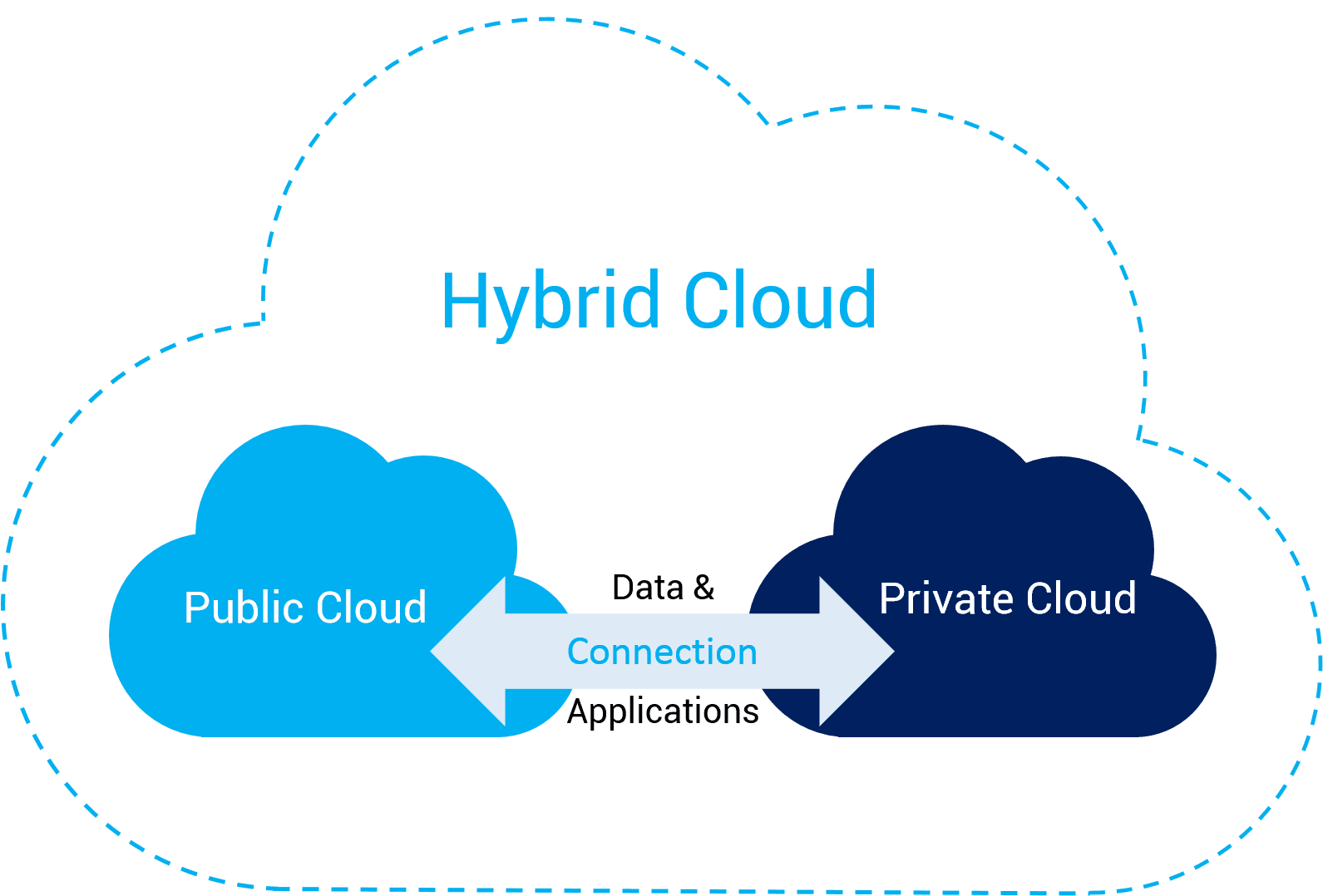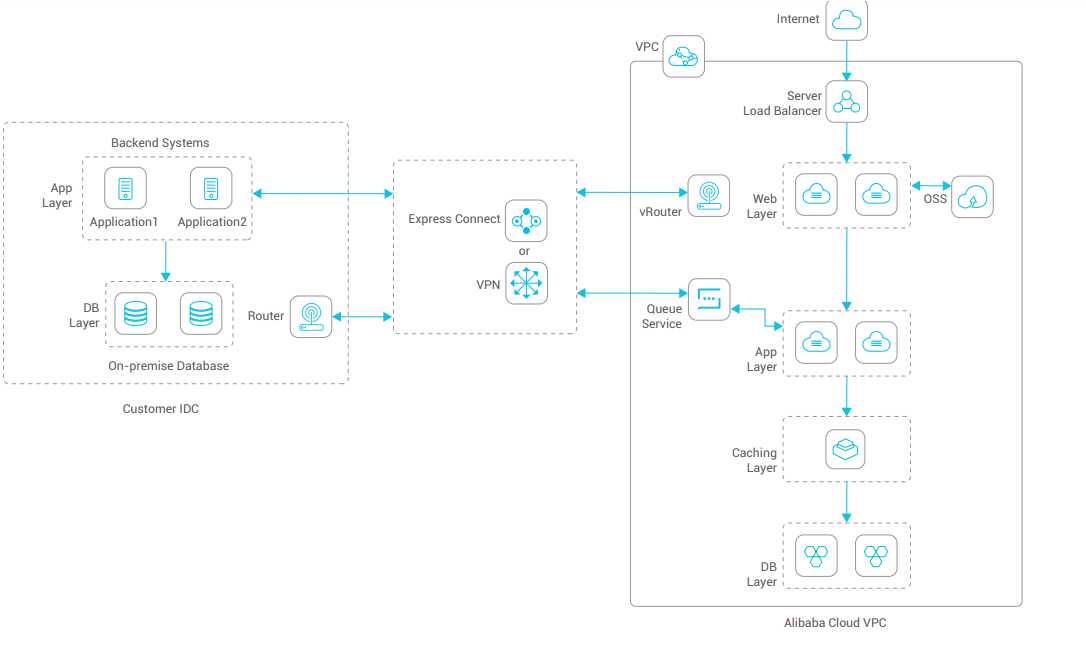By Shantanu Kaushik
Cloud computing is a resource that is made possible with the advancements in networking and compute technology in the past decade. Cloud computing delivers superior and more reliable computing power by provisioning resources like servers, database, storage, applications, and infrastructure for specific tasks and practice.
One of the most prominent features of cloud computing is its scalability, helping businesses churn out more computing power as and when needed. Alibaba Cloud provides such capability to customers through the Elastic Compute Service (ECS). ECS lets you provision more or reduce resources based on real-time demand as presented. Features like Auto scaling and Server Load Balancer (SLB) helps businesses automate this process, and lets them focus on system design while keeping their applications at a higher level of availability.
Cloud Backup and Recovery is another popular feature that businesses take advantage of when using cloud-based solutions. Creating data backups is a key step for businesses to preserve the integrity of customer and business data. Alibaba Cloud offers virtually unlimited data storage capability through its Object Storage Service (OSS) and provides an industry leading solution for backup and disaster recovery practices.
Perhaps the biggest advantage of using a cloud-based solution is that there is no need for physical resource allocation, helping businesses be more agile and keep operating costs at a minimum. In this blog, we'll be talking about the differences between public, private, and hybrid cloud, and discuss how you can implement them with Alibaba Cloud.
A private cloud follows a model that the name itself suggests. It is a private resource made available to a single organization or a single controlled domain administrator. It is not open to public use and is generally the most secure setup for any business or organization. Type of an enterprise cloud, a private cloud is completely controlled by the organization it belongs to.
The simplest form of a private cloud is an on-premises private cloud. Although this is among the most secure solutions, a private cloud setup requires the provisioning of physical resources, which can lead to increased costs and complex management and maintenance cycles. The only big benefit of this setup is greater control of your servers.
In fact, you can simulate a private cloud environment even when using a public cloud, such as using Alibaba Cloud Virtual Private Cloud (VPC) service. A VPC allows the user to group different servers to form a network that works as a private resource. Allowing internet usage by such VPC grouped servers can be handled by the administrator.
When following virtualization practices, creating a private cloud on a public cloud can provide a highly-secure environment. The provisioned resources are Virtual Machines (VMs) that have their own allocated resources. These resources can be isolated with each other to form a more secure and controlled environment.
A Public cloud is an infrastructure resource that is based on a virtual environment. This virtual resource is accessible via the internet and provides for many online services. These services include data storage, data processing, and many other cloud-based services. So, it is considered a resource available to the public.
As this infrastructure is based on a virtual environment, there is no need for the user to purchase and install any physical servers to get connected. All one needs to do is to purchase an online resource and start working. This makes up for a highly cost-effective service when compared to the traditional model.
Operations and Maintenance (O&M) is a common concern when it comes to managing resources in a private cloud. But on a public cloud, the user is free from any O&M because the physical side of the service has nothing to do with the user. In addition, public clouds typically support a pay-as-you-go pricing model, which lets you pay only for what you use.
As public cloud is an online resource that is accessible to everyone, access control can be used to create different access level to virtualized resources. User account privileges are controlled and the implementation allows the administrator of the public cloud account to grant or deny access to the data. Different levels of permission can be granted or withdrawn by the administrator. However, the complete architecture is not as secure as a private cloud, for obvious reasons.
Public Cloud is the virtual image of the cloud provider that you are leasing the services from. In case of Alibaba Cloud, these cloud services are highly secure and scalable. When it comes to data and resource vulnerabilities, public cloud infrastructure is a secure resource, however, configuration, data management, authentication and encryption are handled by the user or administrator.
When using an IT infrastructure, there are numerous benefits that one can yield by using a public cloud. Public cloud is most beneficial for individuals and smaller organizations as they need not worry about management and maintenance dependencies.


Hybrid cloud is a mixture of both, giving you the benefits from public and private clouds. It addresses the expectations and challenges of Public and Private cloud, and offers solutions accordingly. It provides a certain level of flexibility that public and private cloud platforms lacked.
Hybrid cloud architecture provides workload portability and management across public and private cloud. With the introduction of technological innovation such as Artificial Intelligence (AI) and Internet of Things (IoT), a desperate need of intelligent cloud solutions is on a rise. These solutions can be made possible by using a Hybrid Cloud architecture that delivers a dynamic solution.
A typical Hybrid Cloud architecture includes:

Alibaba Cloud has been the front runner of evolution of designing and upgrading products and services for the cloud, providing organizations with industry-leading tools to tackle even the most complex challenges. The DevOps practices, the Hybrid Cloud solution among many other products like the Web+ service or the API Gateway have gone ahead to set standards that help achieve the most complex of goals for businesses and organizations.
While working with core-competencies, all the products that I used by the Alibaba Cloud platform have worked in-sync with each other and presents a far greater usability scenario for me. Multi-region-support for services, and solution driven design has had a far greater influence on me as a user to further trust the products and services by Alibaba Cloud.
The views expressed herein are for reference only and don't necessarily represent the official views of Alibaba Cloud.

2,593 posts | 792 followers
FollowAlibaba Clouder - March 18, 2021
Alibaba Clouder - October 27, 2020
Rupal_Click2Cloud - August 11, 2020
Alibaba Clouder - February 27, 2017
Alibaba Clouder - September 4, 2020
Ali Ali - February 7, 2025

2,593 posts | 792 followers
Follow Hybrid Cloud Storage
Hybrid Cloud Storage
A cost-effective, efficient and easy-to-manage hybrid cloud storage solution.
Learn More Hybrid Cloud Distributed Storage
Hybrid Cloud Distributed Storage
Provides scalable, distributed, and high-performance block storage and object storage services in a software-defined manner.
Learn More Hybrid Cloud Solution
Hybrid Cloud Solution
Highly reliable and secure deployment solutions for enterprises to fully experience the unique benefits of the hybrid cloud
Learn More Networking Overview
Networking Overview
Connect your business globally with our stable network anytime anywhere.
Learn MoreMore Posts by Alibaba Clouder